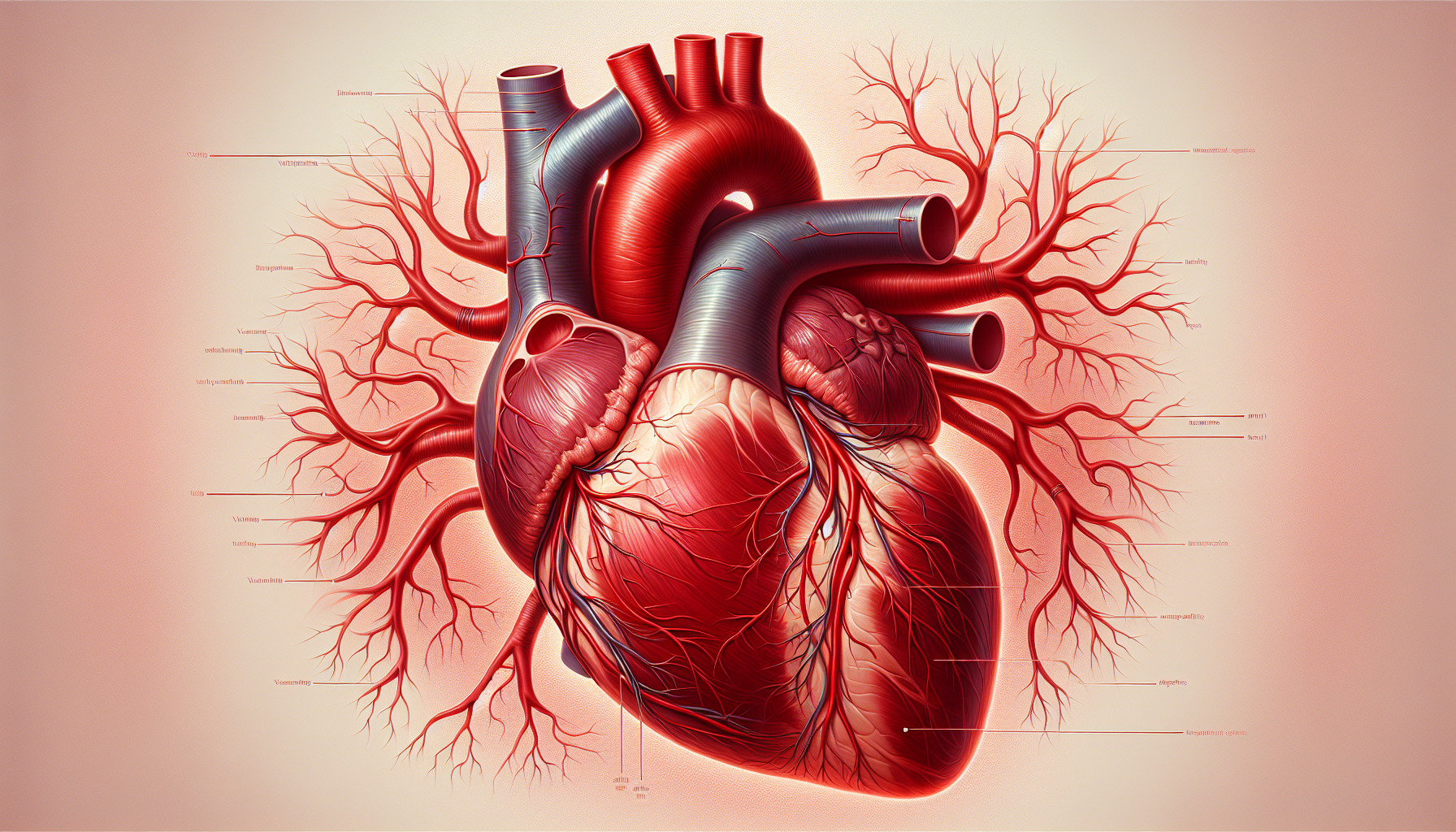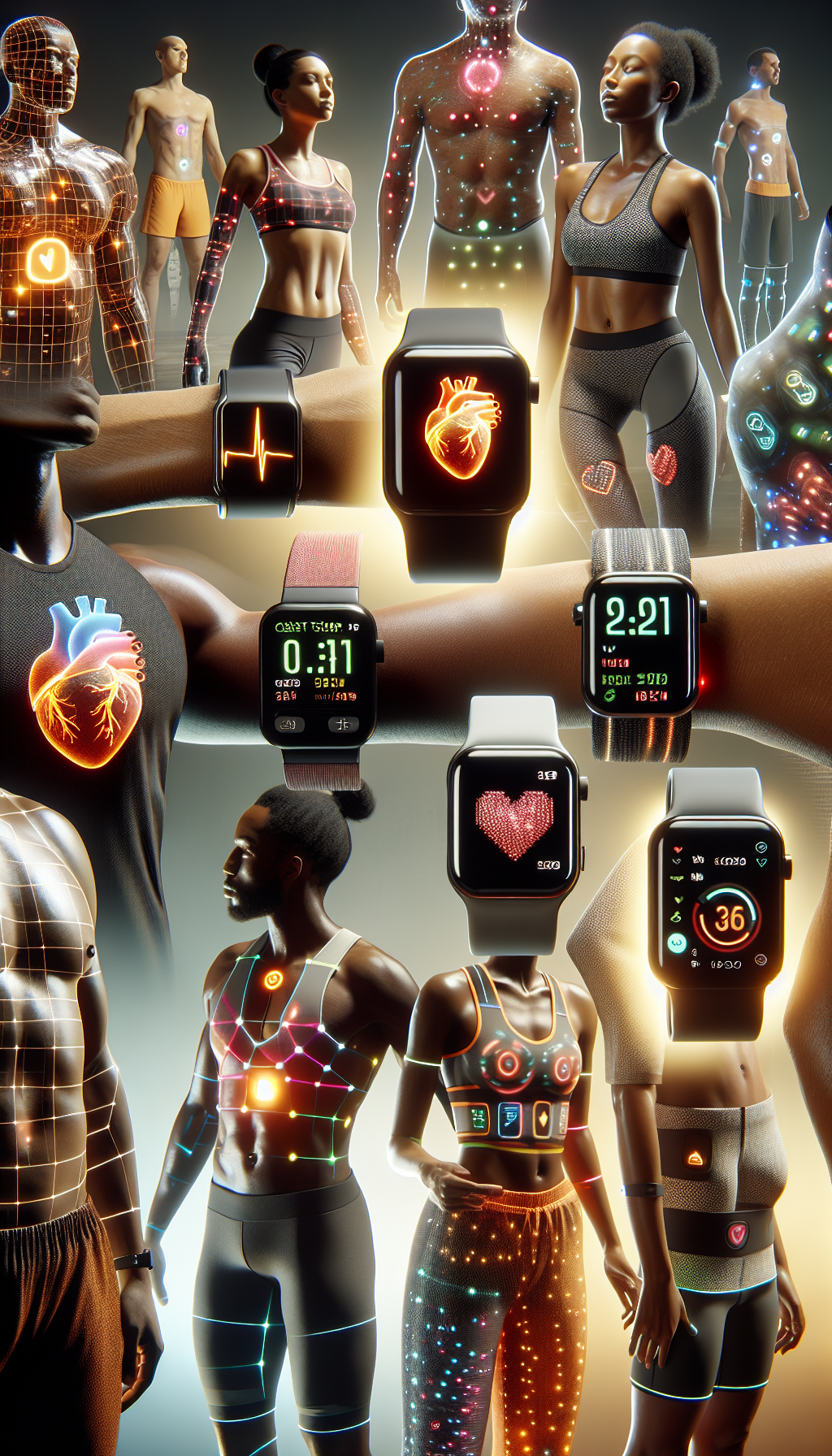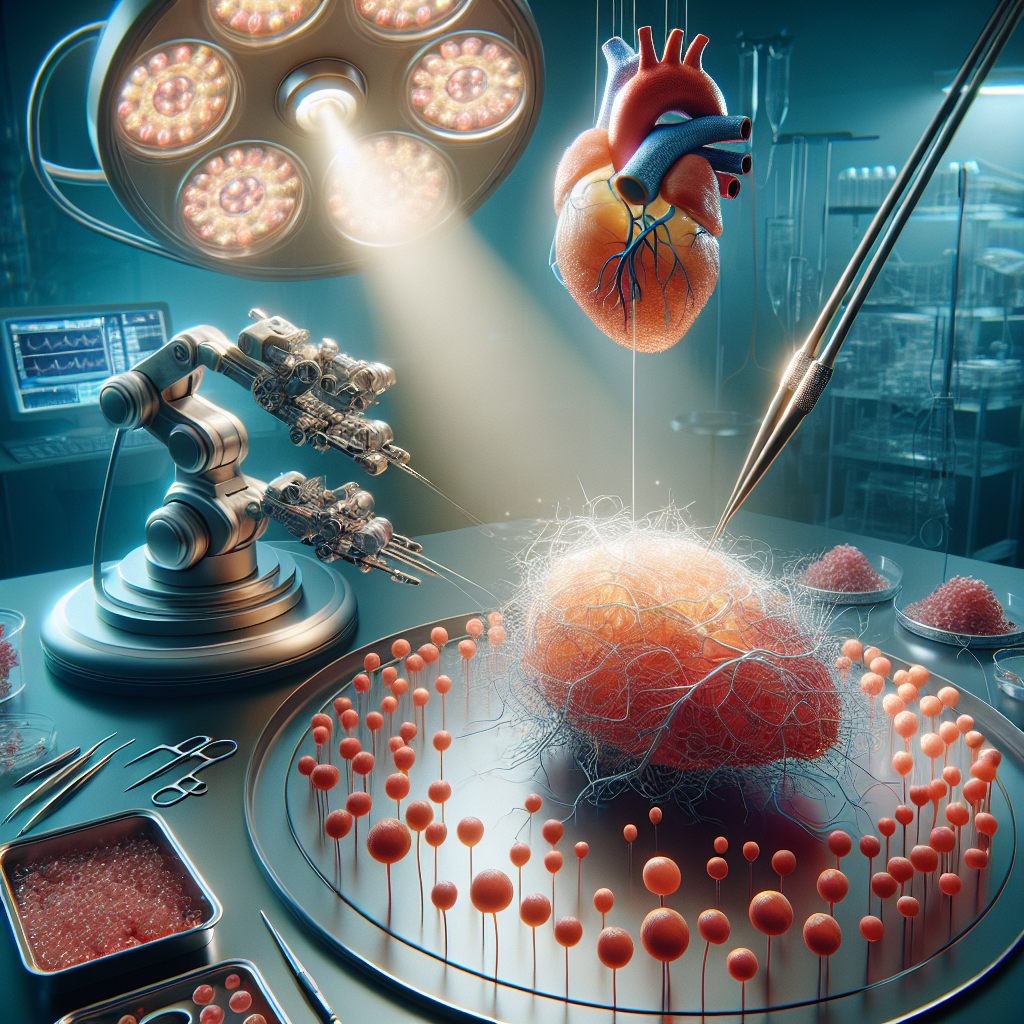Cardiovascular disease (CVD) remains a leading cause of mortality worldwide, prompting a relentless pursuit of advancements in its treatment and management. The field has seen significant progress over the years, ranging from innovative drug therapies to breakthrough surgical techniques, and the integration of technology in patient care. This comprehensive guide explores the latest developments in the treatment of heart disease, offering hope and improved outcomes for patients.
Innovative Drug Therapies and Management
The pharmacological landscape for treating heart conditions has expanded, with new classes of medications providing better symptom management and slowing disease progression. SGLT2 inhibitors, initially used to treat diabetes, have shown remarkable benefits in reducing the risk of heart failure hospitalization. Similarly, PCSK9 inhibitors have emerged as a potent option for patients with high cholesterol levels unresponsive to traditional statins, significantly lowering the risk of cardiovascular events.
Another groundbreaking development is the use of anticoagulants in atrial fibrillation management, which helps prevent stroke by effectively thinning the blood. The direct oral anticoagulants (DOACs) offer a convenient alternative to warfarin, with fewer dietary restrictions and no need for regular blood monitoring. For more information on these medications and their role in cardiovascular health, visit Medication & Supplements.
Interventional Procedures and Surgery
Advances in surgical techniques have dramatically improved the prognosis for individuals with CVD. Minimally invasive procedures, such as Transcatheter Aortic Valve Replacement (TAVR), allow for valve replacement without the need for traditional open-heart surgery. This is particularly beneficial for high-risk patients who may not tolerate more invasive surgeries.
Robotic-assisted surgeries have also advanced the field of cardiovascular treatment. These procedures offer enhanced precision, reduced risk of infection, and quicker recovery times. By minimizing the physical trauma to the patient, these technological marvels have revolutionized cardiac surgery.
Technology-Driven Patient Monitoring
Remote monitoring and wearable technology have brought about a new era in patient care. Implantable devices such as loop recorders and smart pacemakers provide continuous data, alerting healthcare providers to potential issues before they become emergencies. Wearables, like smartwatches equipped with ECG functions, empower patients to monitor their heart health in real-time, fostering a proactive approach to disease management.
For a deeper dive into how technology is shaping the future of heart health, explore Technology and Cardiovascular Health: Tracking and Tools.
Lifestyle Interventions
Lifestyle modifications play a pivotal role in managing and preventing CVD. A heart-healthy diet, regular physical activity, and smoking cessation are cornerstones of cardiovascular wellness. Structured cardiac rehabilitation programs have demonstrated significant benefits in improving the quality of life and reducing mortality among heart disease patients.
Educational resources on maintaining a heart-healthy lifestyle are abundant. For instance, the significance of exercise is outlined in Exercise and Cardiovascular Health: The Heart Connection, offering insights into how regular physical activity benefits the heart.
The Role of Nutrition and Supplements
Nutrition is critical in the fight against heart disease. Diets rich in omega-3 fatty acids, fiber, and antioxidants are associated with a lower risk of cardiovascular issues. Conversely, diets high in processed foods and sugars can contribute to heart disease development. For those looking to improve their dietary habits, Heart-Healthy Recipes for a Cardiovascular Diet provides practical meal ideas.
While the benefits of some natural supplements in promoting heart health are promising, it is essential to approach them with caution. The article Natural Supplements for Heart Health: Promises and Pitfalls offers a balanced perspective on this topic.
Genetic and Personalized Medicine
The field of genetics has opened new avenues for personalized medicine in CVD treatment. Genetic testing can identify individuals at high risk for certain heart diseases, allowing for early intervention. Personalized medicine tailors treatment plans based on an individual’s genetic makeup, optimizing therapeutic effectiveness and reducing adverse effects.
For those interested in learning more about the connection between genetics and heart health, niche resources such as the American Heart Association’s page on Personalized Medicine provide valuable insights.
The Future of Cardiovascular Disease Treatment
The future of CVD treatment is marked by the convergence of various disciplines, from nanotechnology to regenerative medicine. Research into stem cell therapies and tissue engineering holds the promise of repairing damaged heart tissue, potentially reversing the effects of heart disease.
To stay abreast of ongoing research and breakthroughs in cardiovascular health, specialized platforms such as Cardiovascular Research Foundation offer detailed coverage of scientific developments in the field.
The management and treatment of cardiovascular disease have come a long way, and with ongoing research and technological advancements, the outlook continues to improve. It’s essential to maintain a dialogue with healthcare professionals and stay informed about the latest developments. By combining cutting-edge treatments with lifestyle changes, individuals can significantly improve their heart health and overall well-being.



